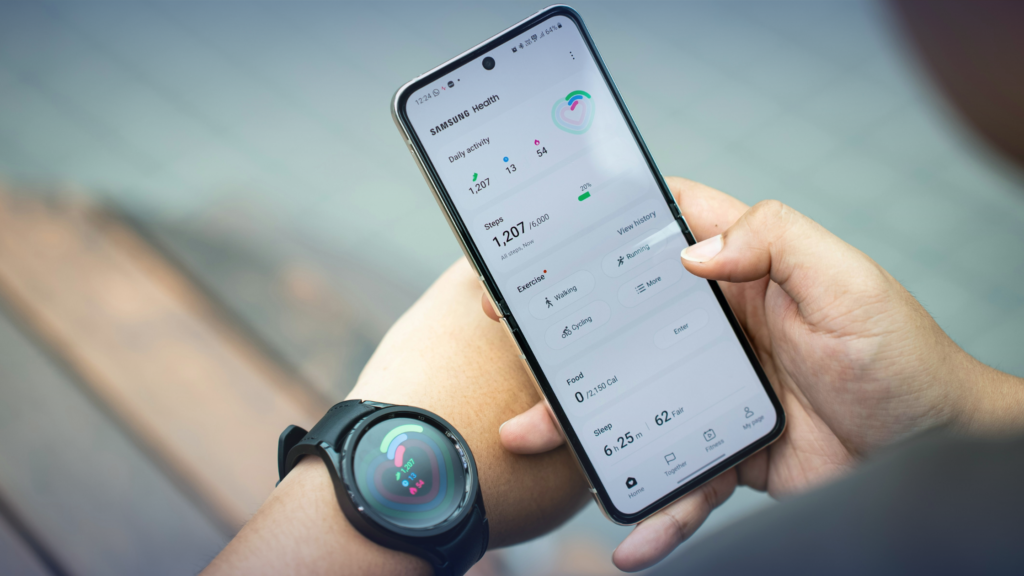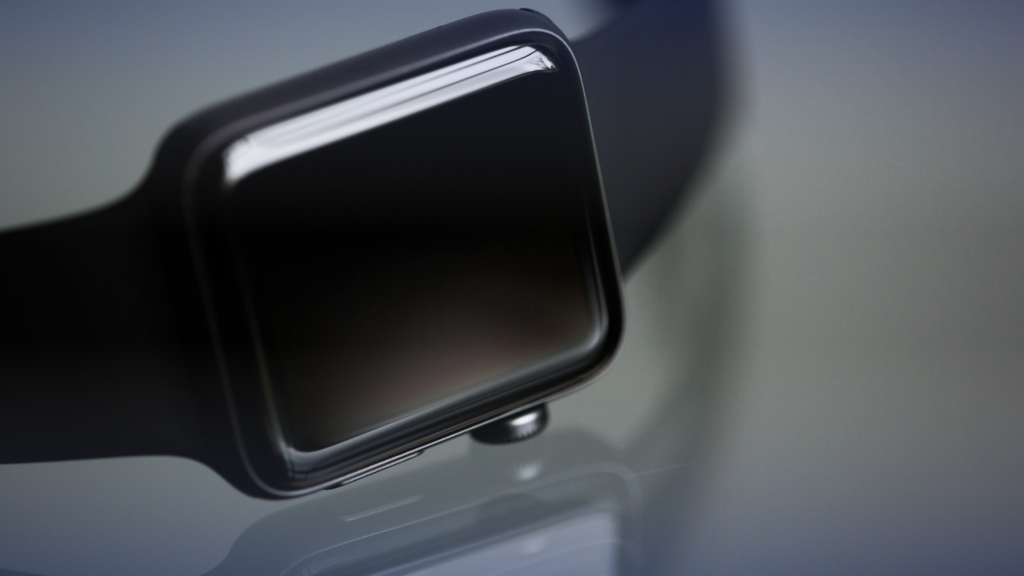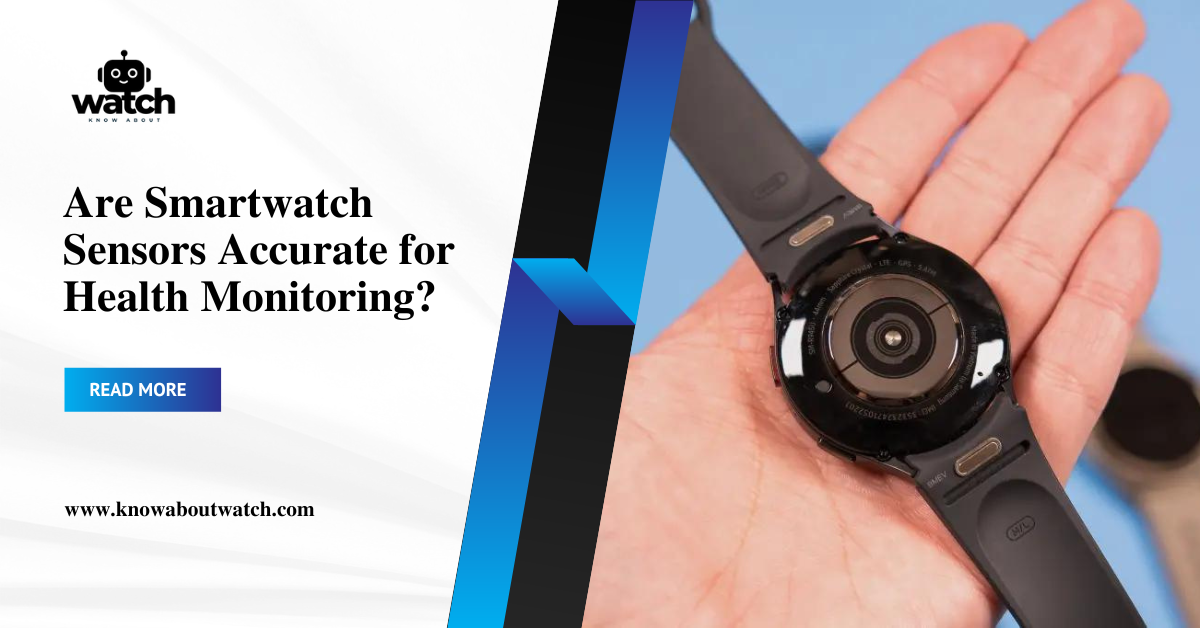Imagine waking up one morning, glancing at your smartwatch, and seeing that you’ve had the best sleep of your life – or so it claims. But wait, can you trust that tiny device on your wrist to accurately monitor your sleep, heart rate, or daily steps? If you’ve ever found yourself doubting the precision of your smartwatch sensors, you’re not alone. Many people wonder if their beloved wearable gadgets are giving them the whole truth or just a polished version of reality. In this article, we’ll delve into the heart of the matter, exploring how accurate smartwatch sensors truly are. From examining the latest research and expert opinions to addressing common misconceptions, we’ll uncover the facts you need to make informed decisions about your health and fitness data. So, keep reading as we reveal surprising truths and practical insights that might just change the way you view your smartwatch forever.
Understanding Smartwatch Sensors

What Are Smartwatch Sensors?
Smartwatches are equipped with a variety of sensors that enable them to track a range of activities and health metrics. Here are some of the most common types:
- Heart Rate Monitors: These sensors measure your pulse by detecting the blood flow through your wrist.
- Accelerometers: These measure the acceleration of your movements, which helps in tracking steps and other activities.
- Gyroscopes: These sensors measure the orientation and rotation of the device, aiding in detecting complex movements.
- GPS: The Global Positioning System sensor tracks your location, allowing for accurate distance and speed measurements during outdoor activities.
How Do They Work?
Each type of sensor in a smartwatch operates on different principles:
- Heart Rate Monitors: Typically use photoplethysmography (PPG), which involves shining a light (usually green) onto your skin and measuring the amount of light that is reflected. The variations in the reflection help in calculating your pulse rate.
- Accelerometers and Gyroscopes: Work based on MEMS (Micro-Electro-Mechanical Systems) technology. These sensors detect changes in acceleration and orientation by measuring the force exerted on them.
- GPS: Utilizes signals from satellites to triangulate your position on Earth. This data is used to calculate speed, distance, and route.
Common Uses of Smartwatch Sensors
Fitness Tracking
One of the primary uses of smartwatch sensors is fitness tracking. These devices help monitor:
- Steps: Use accelerometers to count how many steps you take each day.
- Calories Burned: By analyzing your activity levels and heart rate, smartwatches estimate the number of calories you’ve burned.
- Distance Traveled: Combining accelerometer data with GPS readings, smartwatches can track how far you’ve moved.
Health Monitoring
Smartwatches are increasingly used for health monitoring:
- Heart Rate: Continuous monitoring to track your resting heart rate and detect anomalies.
- Sleep Patterns: By analyzing movement and heart rate, smartwatches provide insights into your sleep quality and stages.
- ECG and Blood Oxygen Levels: Advanced models can take electrocardiograms and measure blood oxygen saturation, providing deeper health insights.
Daily Activity and Lifestyle
Beyond fitness and health, smartwatches offer features to enhance daily life:
- Reminders to Move: Alerts to encourage you to stand up and move if you’ve been sedentary for too long.
- Activity Levels: Overall tracking of how active you are throughout the day.
- Stress Monitoring: Some smartwatches measure variations in heart rate to estimate stress levels.
Evaluating Accuracy: What the Studies Say

Scientific Research on Sensor Accuracy
A multitude of studies have been conducted to evaluate the accuracy of smartwatch sensors. For instance, a study published in the Journal of Medical Internet Research found that heart rate monitors in smartwatches were generally accurate under resting conditions but less so during high-intensity activities. Similarly, a study by Stanford University found that while calorie burn estimates were often off by a significant margin, step counts were fairly reliable.
Comparisons with Medical-Grade Equipment
When comparing smartwatch sensors to professional medical devices, discrepancies are common. For example, a heart rate monitor on a smartwatch might be accurate within a few beats per minute at rest but could struggle to keep up with rapid changes during exercise. Medical-grade ECGs provide a more detailed and accurate heart reading compared to the simplified versions on smartwatches.
Factors Affecting Sensor Accuracy
Placement and Fit
The accuracy of smartwatch sensors is highly dependent on how the device is worn. A loose-fitting watch can lead to inaccurate readings due to movement and improper contact with the skin. For optimal performance, the watch should be snug against your wrist.
Skin Tone and Body Composition
Studies have shown that skin tone can impact the accuracy of PPG sensors, with darker skin tones sometimes resulting in less accurate heart rate measurements. Similarly, body composition (such as wrist size and amount of body fat) can affect how well the sensors work.
Movement and Environmental Conditions
The accuracy of sensors can also be influenced by your level of activity and environmental conditions. High-intensity movements might lead to less accurate heart rate readings, while extreme temperatures can affect the performance of various sensors.
Real-World User Experiences
Testimonials and User Reviews
Many users have shared their experiences with smartwatch sensor accuracy. For instance, some runners have reported discrepancies between the distance tracked by their smartwatch and actual measured distances. Conversely, others have praised the convenience and overall reliability of features like sleep tracking and daily step counts.
Case Studies
Detailed case studies provide further insights. For example, a user with a diagnosed heart condition might use a smartwatch to monitor irregular heartbeats. While the smartwatch might not replace medical equipment, it can offer valuable alerts that prompt timely medical consultations.
Debunking Common Myths

Myth 1: Smartwatches Can Replace Medical Devices
Smartwatches are not intended to replace professional medical equipment. While they offer valuable health insights and alerts, they lack the precision and reliability needed for medical diagnoses.
Myth 2: All Smartwatch Sensors Are Created Equal
Not all sensors are of the same quality. Higher-end smartwatches often feature more advanced and accurate sensors compared to budget models.
Myth 3: More Expensive Means More Accurate
Price doesn’t always correlate with accuracy. While premium smartwatches may offer better sensors, factors like software optimization and user settings also play a significant role in overall performance.
Tips for Maximizing Sensor Accuracy
Proper Usage Guidelines
To get the most accurate readings from your smartwatch, wear it correctly. Ensure it’s snug but comfortable, and position it just above your wrist bone.
Regular Calibration and Updates
Keep your smartwatch updated with the latest software to benefit from improvements and bug fixes. Some smartwatches also offer calibration features to enhance accuracy.
Complementary Tools and Techniques
For critical health metrics, consider using additional tools like chest strap heart rate monitors or professional medical devices to validate your smartwatch’s readings.
Future of Smartwatch Sensors
Emerging Technologies
The future of smartwatch sensors looks promising with advancements in sensor technology. Upcoming developments may include more accurate and less intrusive ways to monitor vital signs and activities.
Potential Improvements
Areas for improvement include enhancing sensor accuracy across diverse populations, reducing the impact of environmental factors, and integrating more advanced health monitoring capabilities.
Conclusion
Smartwatch sensors offer a convenient way to monitor various health and fitness metrics. While generally accurate, they have limitations and should not replace professional medical devices.
Understanding the strengths and limitations of your smartwatch can help you make better use of its features. By following best practices and staying informed, you can enhance the accuracy and usefulness of the data it provides.
Have experience with smartwatch sensors? Share your stories or ask questions in the comments below. We’d love to hear from you!
FAQs
Can I rely on my Smartwatch for Medical decisions?
While smartwatches provide valuable health insights, they should not replace professional medical advice and equipment.
How can I improve the accuracy of my Smartwatch?
Ensure proper fit, keep your device updated, and follow usage guidelines to maximize accuracy.
Are certain Brands more Accurate than others?
Sensor accuracy can vary between brands and models. Research and reviews can help identify the best options for your needs.
By understanding how smartwatch sensors work and the factors that affect their accuracy, you can make informed decisions about their use in your daily life. Whether for fitness tracking, health monitoring, or simply staying active, your smartwatch can be a powerful tool when used correctly.

